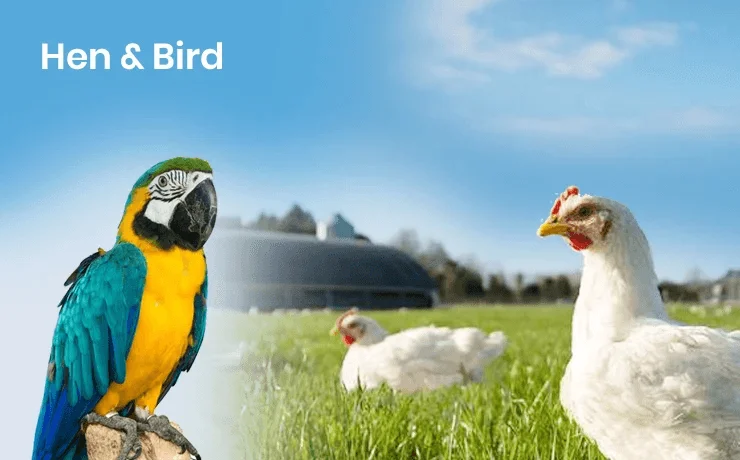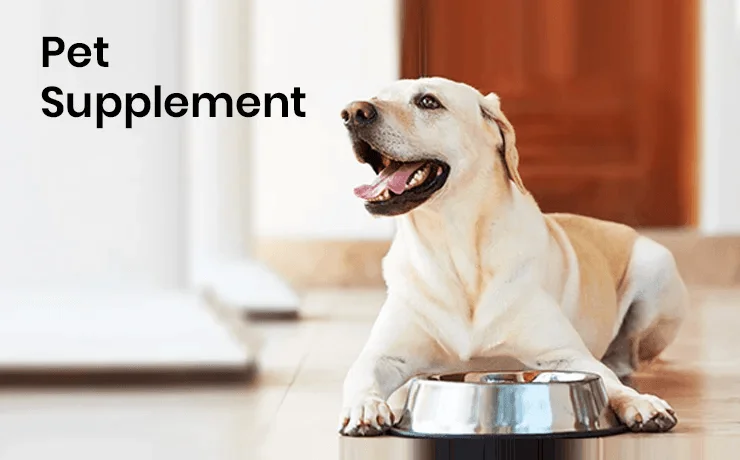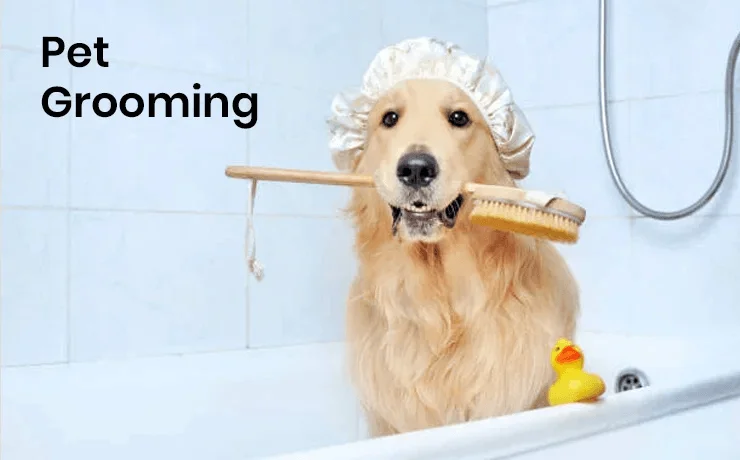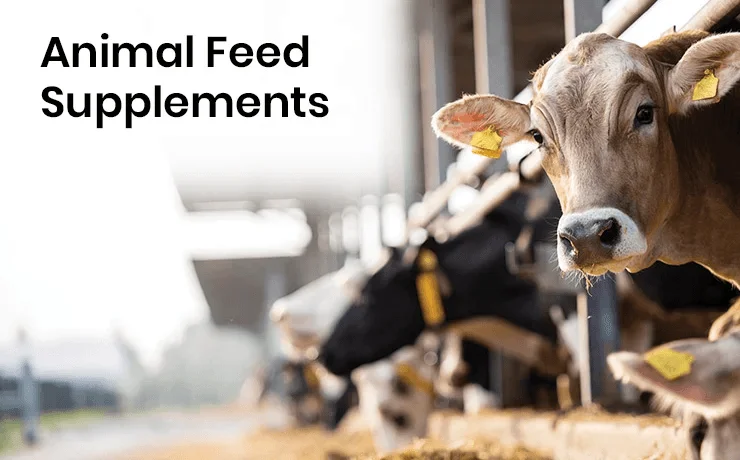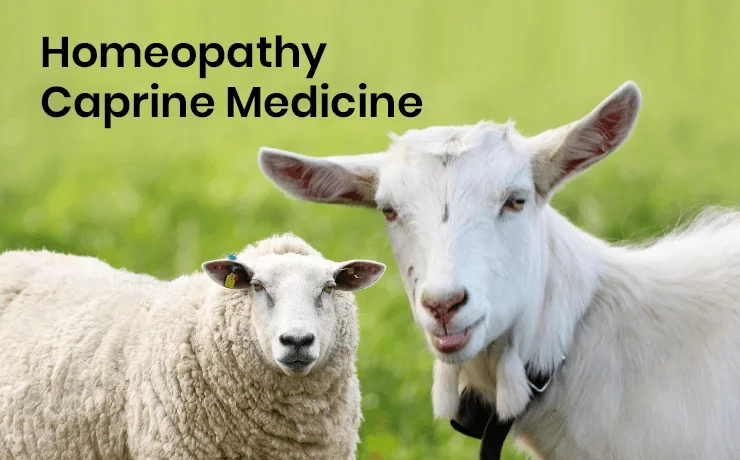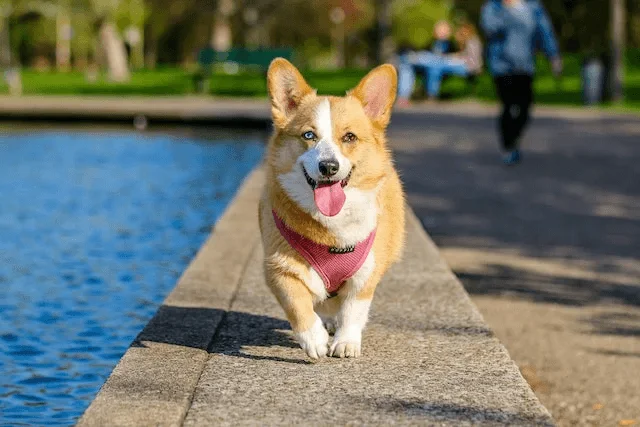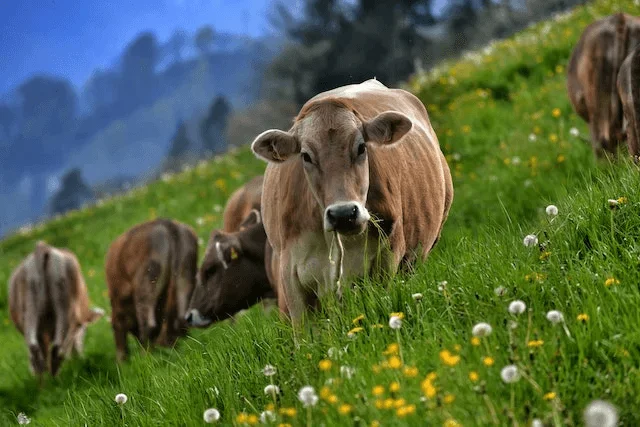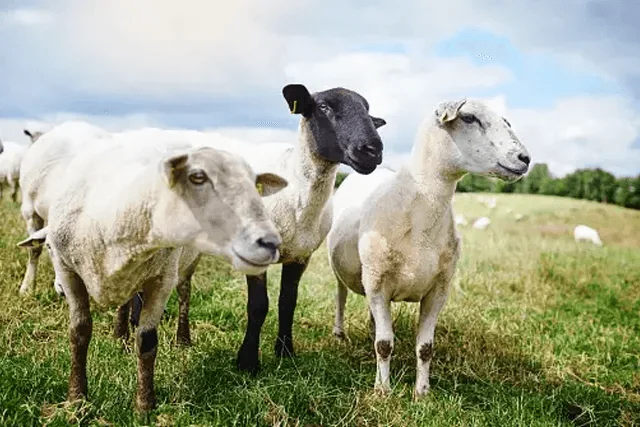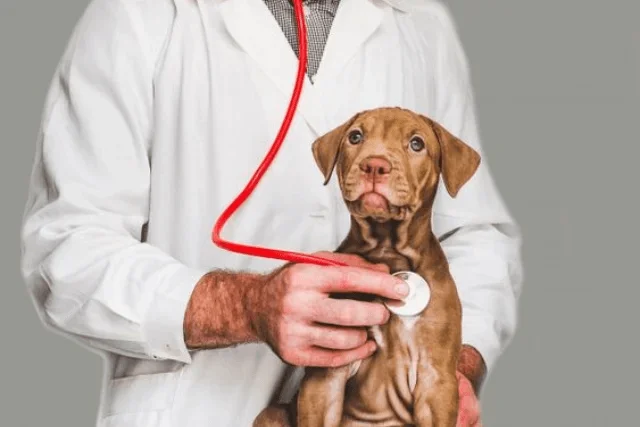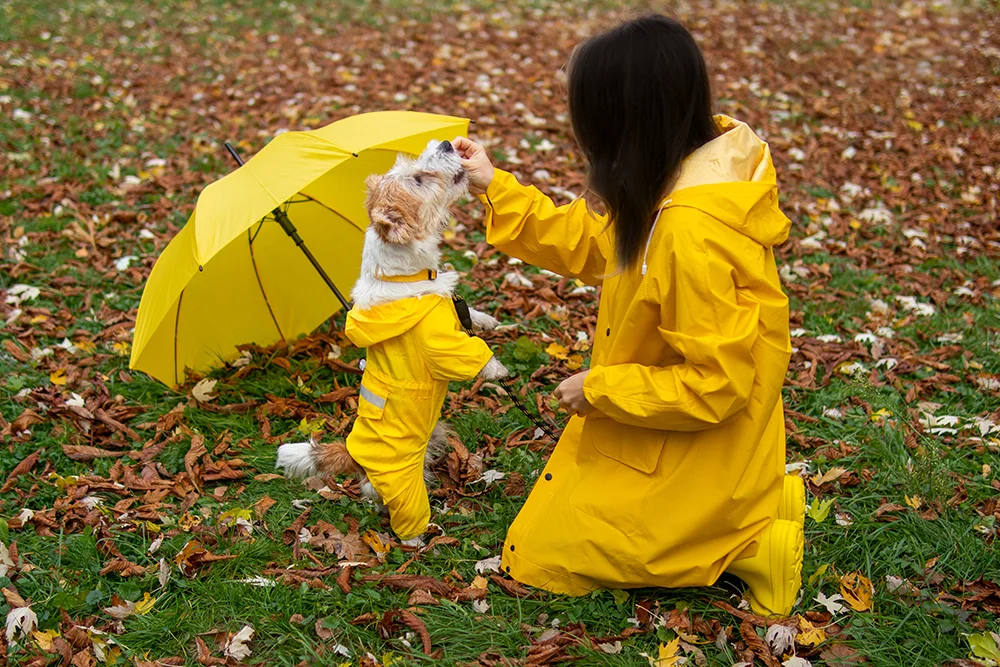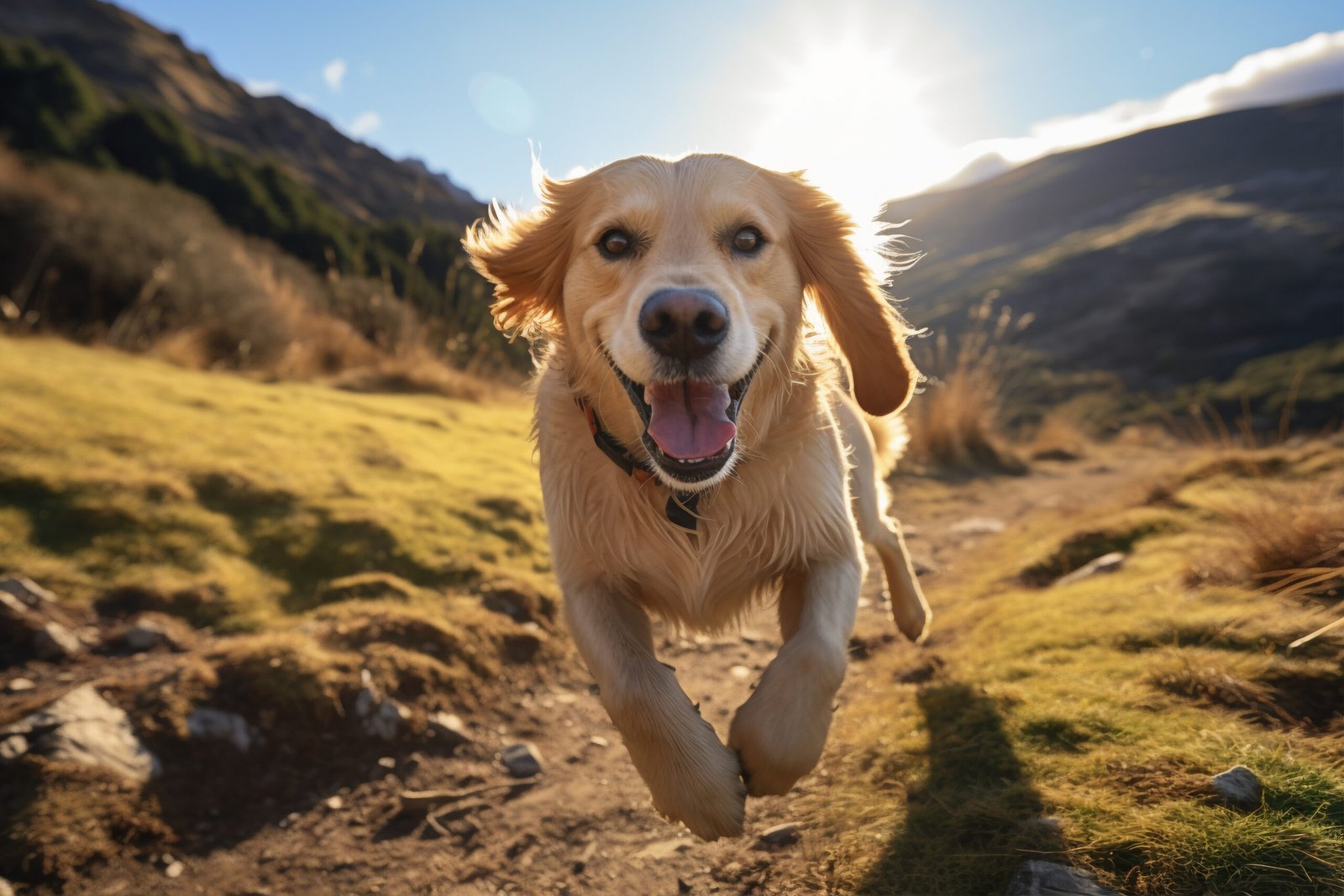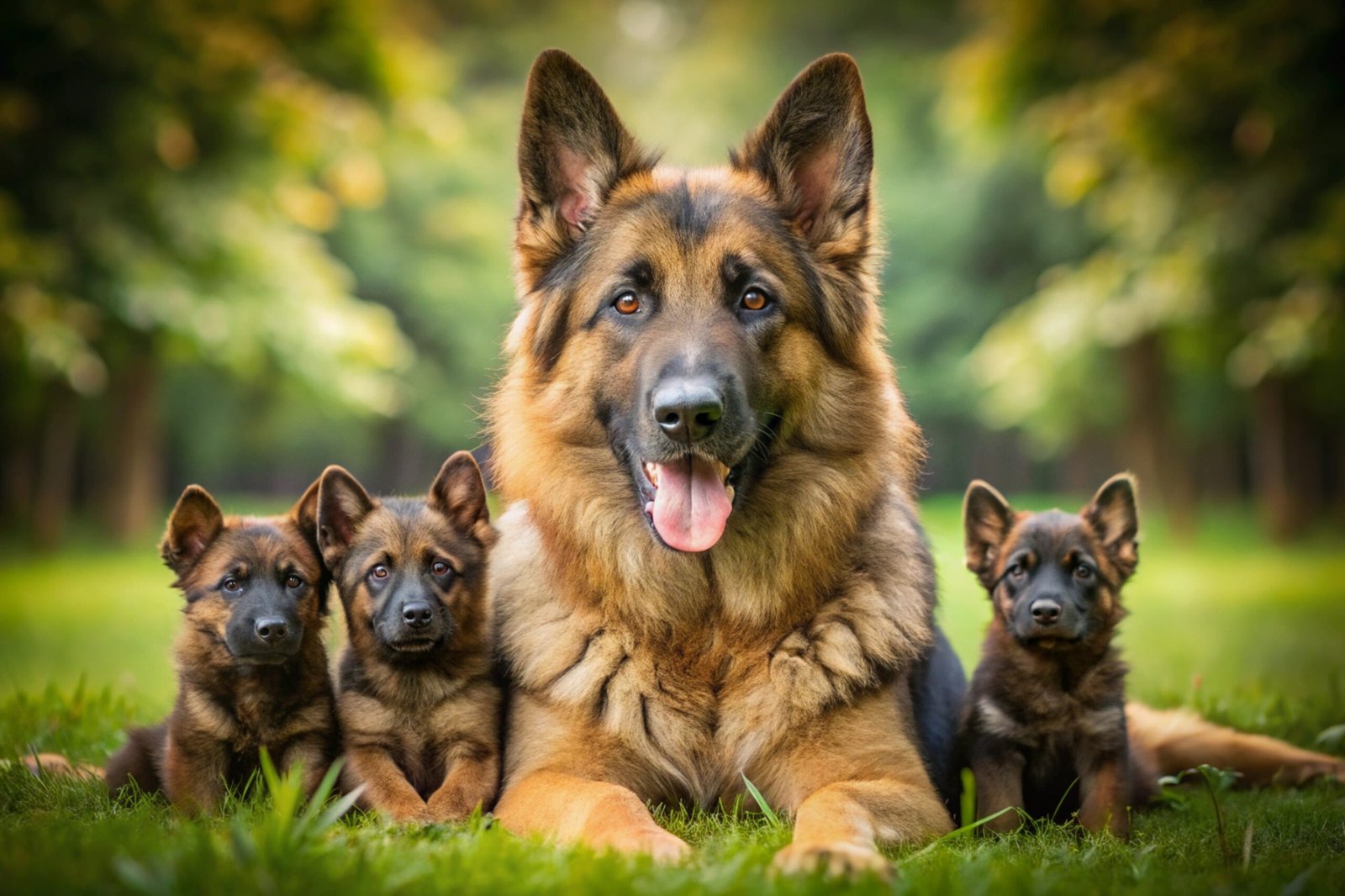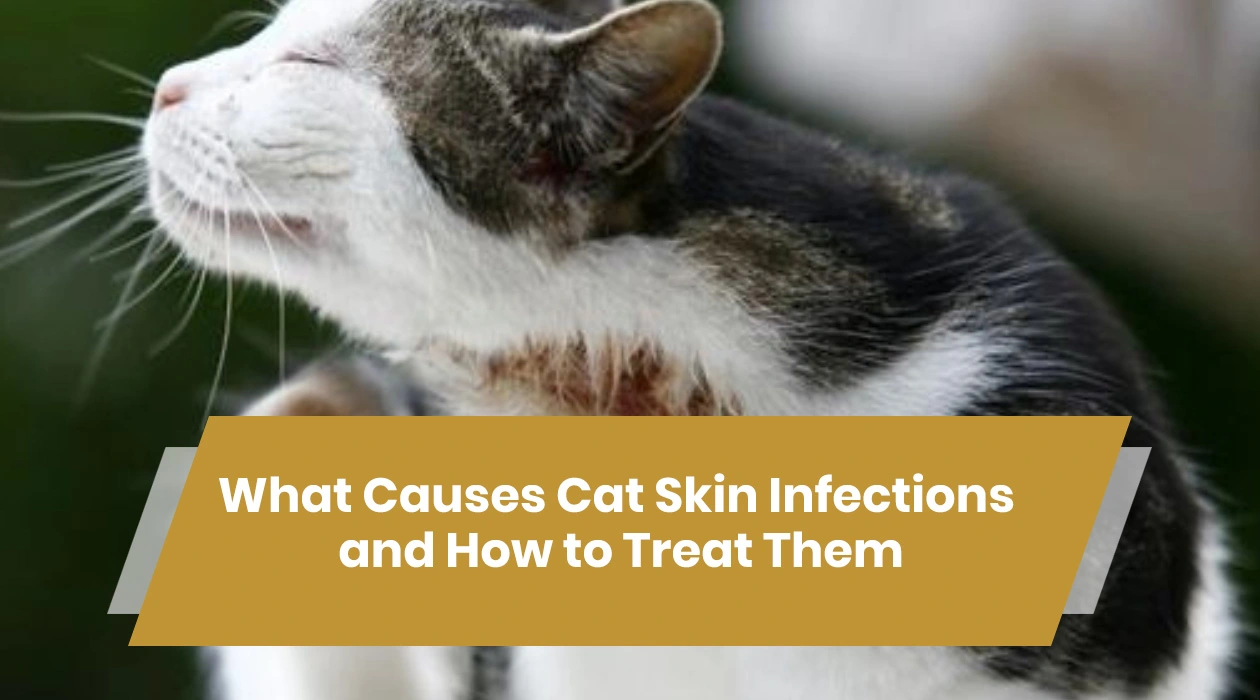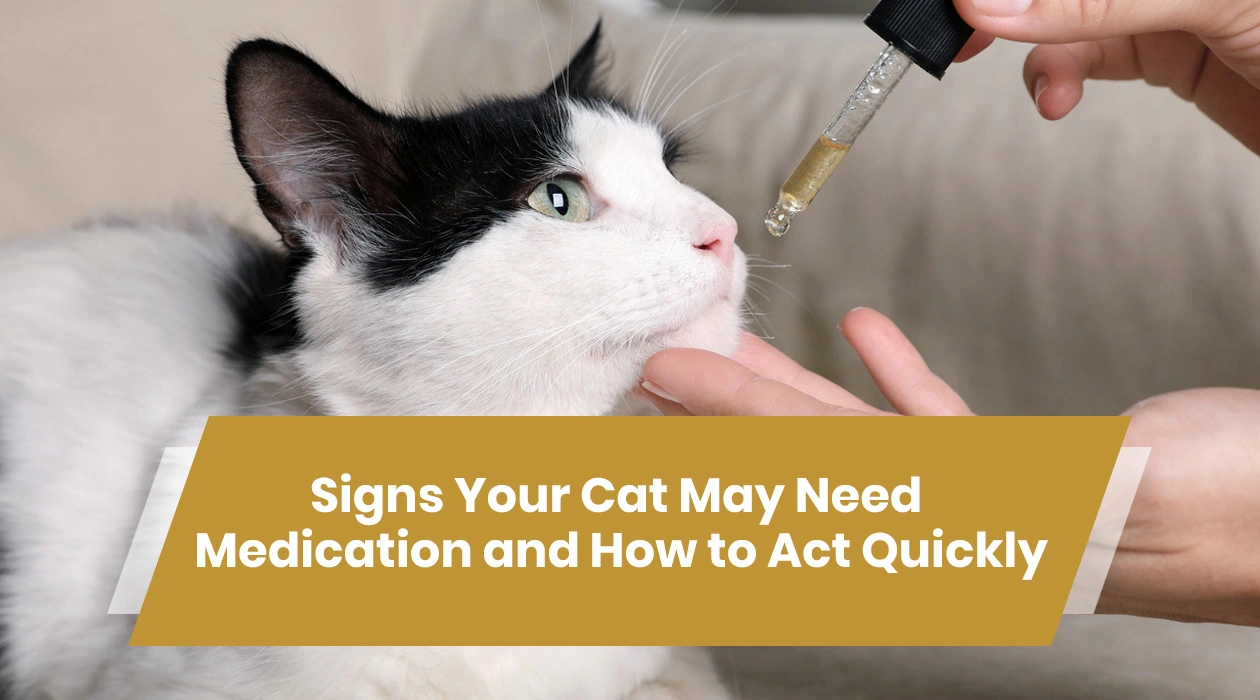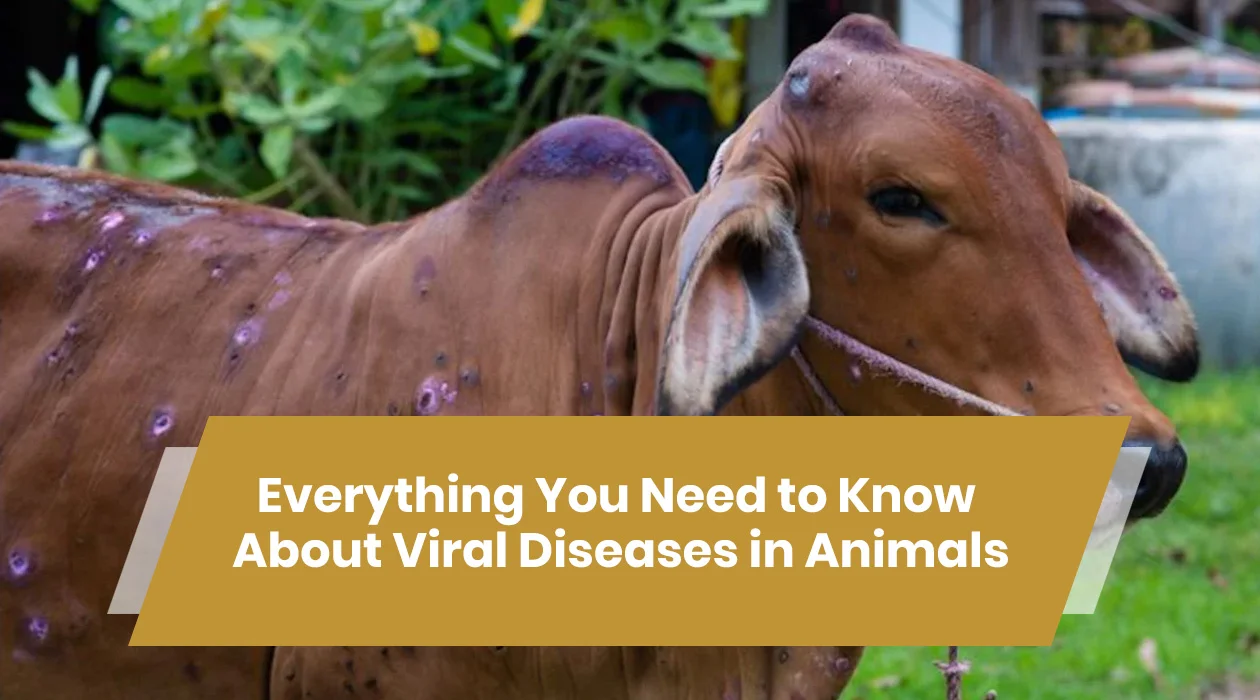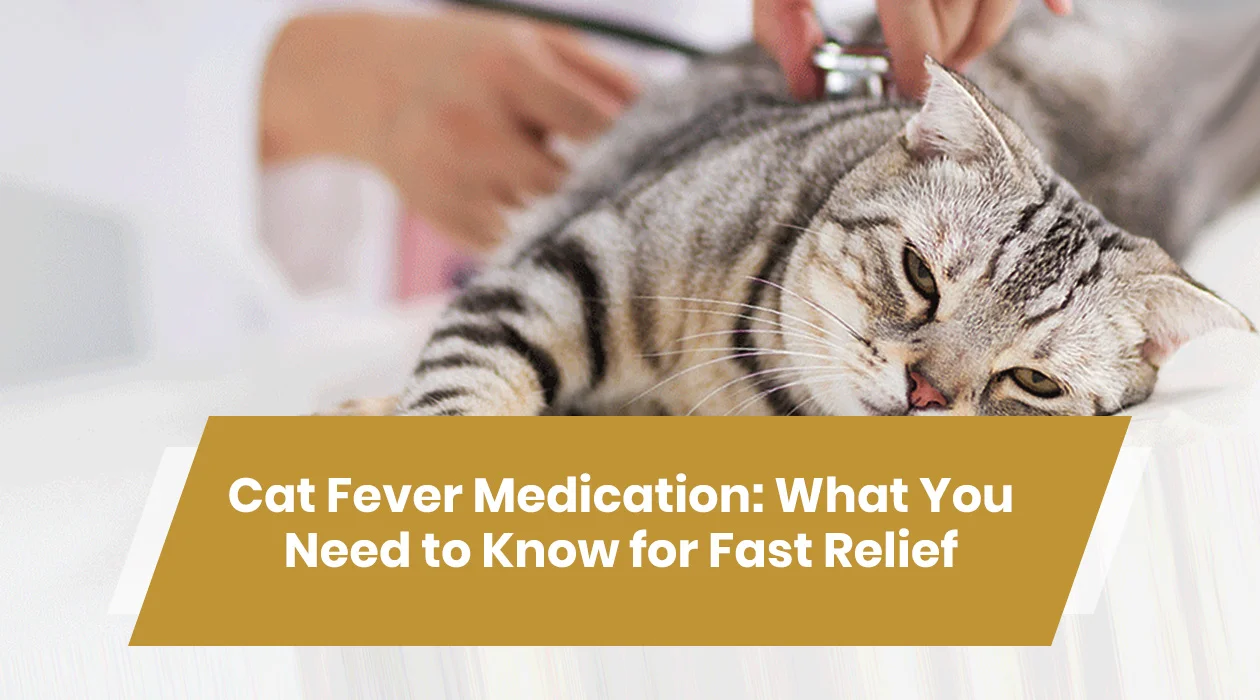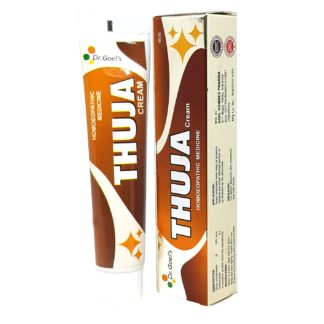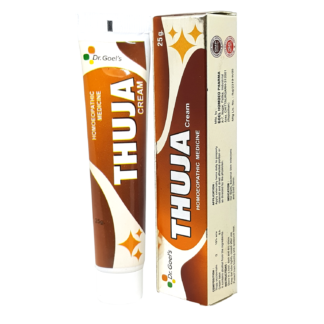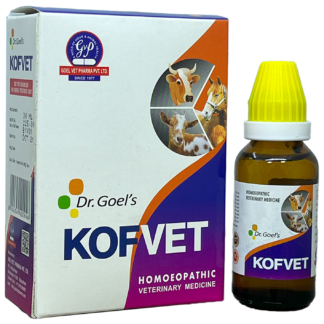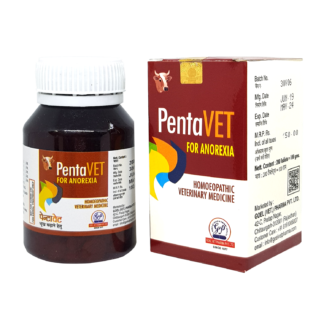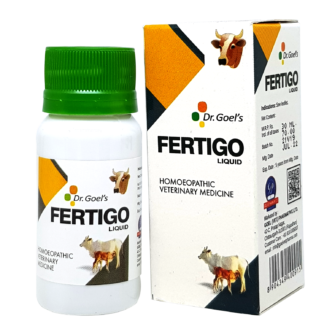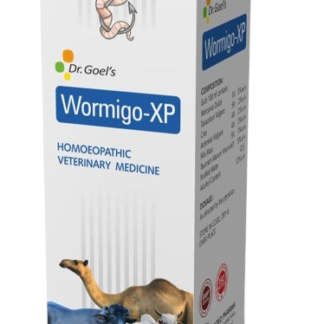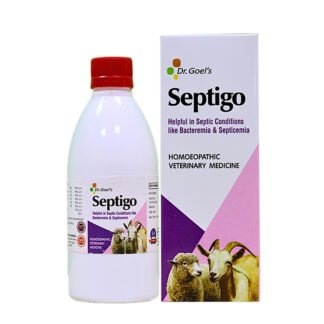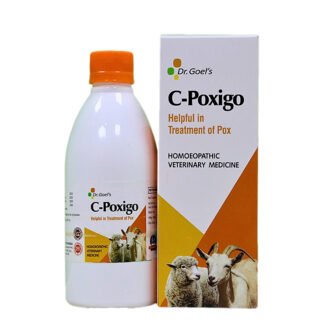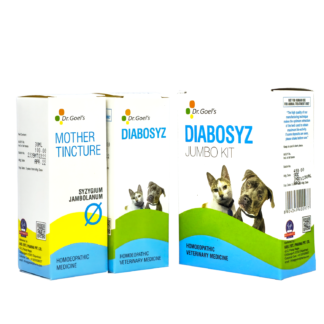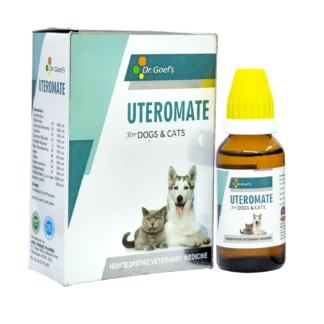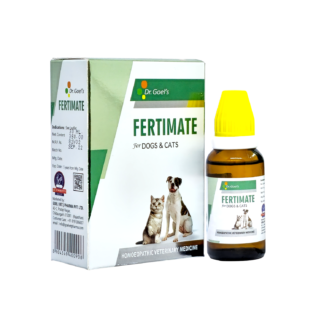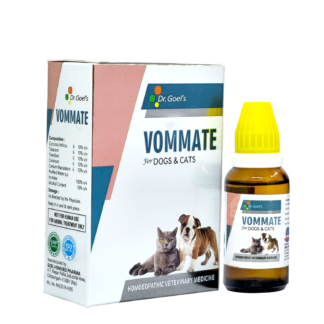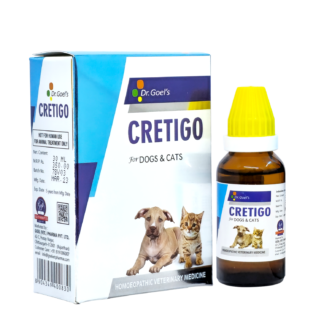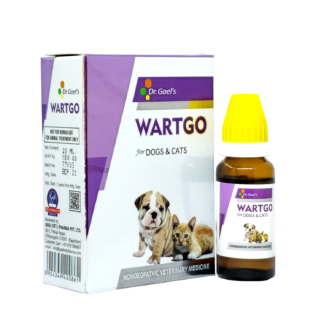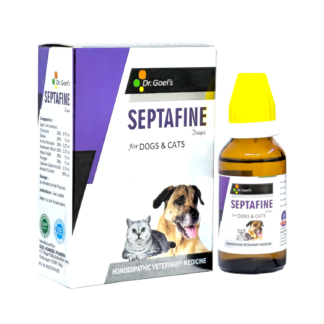With the gentle tapping of droplets striking the floor, the musky smell in the environment, and all the greener-than-green we are surrounded by, everyone enjoys the monsoon season after the scalding summer months. As much as we love the rainfall, we should remind ourselves that some of our furred or feathered friends will likely not feel the same. The effects of the weather can cause several health issues in our pets. But do not be concerned; with tips on taking care of pets in the monsoon safety tips, you could also ensure your puppy has a cheerful and healthy monsoon!
Keeping Your Pet Dry is Key
Monsoons are not only a source of flooding, they also encourage the growth of bacteria and fungi. This is especially important if your pet has wet fur because this results in an accumulation of moisture that may cause skin infections and irritation. Here’s what you can do:
- Limit outdoor time: Do not take your pet for a walk or spend much time outdoors in extreme rainfall. You can use pet raincoats or ponchos only during brief walks outside the house if necessary.
- Thorough drying: If your pet has gotten wet, take advantage of this opportunity to get a clean and highly absorbent towel to dry it up gently. For long-haired breeds, you should use a Friendly Hairdryer occasionally, but you should not let your pet face too close to the hairdryer for fear of burns. Ensure they dry off well before bringing them to their bed, where they can snuggle.
- Paw care: Slippery areas and water patches, likely formed by water puddles, may contain parasites and bacteria. Wash your pet’s paws with fresh water and a gentle pet soap, or you could use wet wipes whenever you bring your pet back home.
Essential Pets Care Tips for Monsoon Season
Your pet also follows a new schedule during the monsoon season because it is not just people affected by the change in weather conditions. To ensure their well-being during this wet season, here are some essential pet care tips:
- Adjust Bath Schedule: Pet grooming involves washing them, which is very useful. However, overdoing it is not so good since it strips off the natural oils on their coat. Ask your vet about how often you should bathe your pet. Some factors that influence this decision are your pet’s type of coat and its level of activity.
- Paw Care is Paramount: It is essential to wash your pet’s paws afterward and as often as possible to get rid of the germs that love moist legs. Pet stores or veterinary supplies have pet shampoo or wet wipes with a tear-free formula that does not sting or hurt the pet.
- Fight the Fungus: Excess moisture causes the fungal odor to appear and develop through the building’s walls. Symptoms may include redness, itchiness, and hair loss in your pet. So, if you see any problems, turn to your veterinarian for help immediately.
- Dental Defense Continues: This is important for pet owners: do not forget about dental problems during the monsoon season. They should also brush their teeth to manage gum disease risk, which worsens with a compromised immune system.
Maintaining Hygiene During Monsoon
General pet care tips are vital to avoid infection, especially during the monsoon season.
- Bathing: Bathe your pet and change its frequency according to breed and activity level. However, depending on your dog’s breed and skin condition, you should consult your vet about the proper frequency of bathing. Avoid bathing your dog too often since you will remove healthy skin oils. Pat your pets gently with a mild shampoo and leave them to dry well.
- Ear care: Floppy ears are often damp and easily infected. It is advised to clean your pet’s ears at a fixed interval using a solution prescribed by the veterinarian.
- Dental hygiene: Unfortunately, pets’ dental habits should not be forgotten during the monsoon. Regular brushing removes plaque, which is important as it reduces the chances of developing gum diseases that may be aggravated by a compromised immune system during this period.
Boosting Your Pet’s Immunity
A healthy immune system assists your pet in preventing monsoon diseases by combating them. Here’s how to give them a boost:
- Balanced diet: Ensure your pet has the right diet with all the nutrients required for normal growth and functioning. It is always advisable to contact your veterinarian in case the animal’s diet changes. Supplements such as omega fatty acids should be considered, as they improve pet skin and coat.
- Deworming: It may be advised to deworm your pet daily during the monsoon since parasites multiply in wet conditions. This is why you should consult your vet in as much as you know that worms can be harmfully present in your pets to establish the right time and frequency for deworming.
- Vaccinations: Ensure your pet is vaccinated, as other diseases might be prevalent during the rainy season.
Keeping Your Pet Entertained Indoors
The lack of direct sunlight and cool temperatures limits the outdoor time, so pets get annoyed and frustrated. Here are some ways to keep them entertained indoors:
- Interactive toys: Spend money on puzzle feeders, chewing toys, and toys for playing that enrich your pet’s mind and body.
- Indoor play sessions: Take short, energetic breaks of about five to ten minutes in which you can play games such as fetch, tug, or hide-and-seek with your pet.
- Training: It is time for some good training sessions with your pet. You should consider practicing with your pet because it helps build bonds and enhances its mental well-being.
What to do if Your Pet Gets Wet
Despite all these measures being taken, it is always possible that your pet will get washed by rain now and then. Don’t panic! Here’s how to handle the situation:
- Dry them thoroughly: As pointed out above, the first step should be patting your pet with a towel or blow-dryer on the cool settings.
- Monitor their health: Look for other sickness symptoms, such as shaking, tiredness, or lack of appetite. If affected, seek a vet’s advice as soon as possible.
Also Read Skin Infections in Dogs Causes and Treatments
Additional Monsoon Safety Tips
Here are some additional monsoon safety tips to keep your pet safe and healthy:
- Keep them away from stagnant water: This could be due to water accumulation in stagnant water bodies, breeding grounds for mosquitoes and other insects that spread diseases.
- Lightning and thunder: Some pets may get frightened when they hear a loud noise, such as thunder or flashes of lightning. Ensure they have a place to run to during thunderstorms, a quiet room, or even a covered crate.
- Rodent control: Pests like rodents may be attracted during the monsoon. Rodents can carry sicknesses to your house, so make sure your home is free from them. Also, ensure pet food is placed in pet-proof containers.
Conclusion
So, when implementing the tips on taking care of pets during the monsoon season listed above, you can avoid all these issues and keep your pet in the best health throughout the monsoon period. A little effort can keep your pet safe and comfortable during a wet and lively season. Therefore, with some level of planning and rearrangement of the lifestyle, the pet owner can make the indoors comfortable and stimulating for the pet. Having a healthy pet would also mean a stress-free monsoon for you!
Bonus Tip: It’s also advisable to prepare a special ‘muddy paw zone’ right at the door to make cleaning easier during the monsoon period. This could be a tray filled with towels or washable rugs where your pet could rub its paws before entering the home. This will help maintain the floors and reduce dirt transfer, stain formation, and dampness.
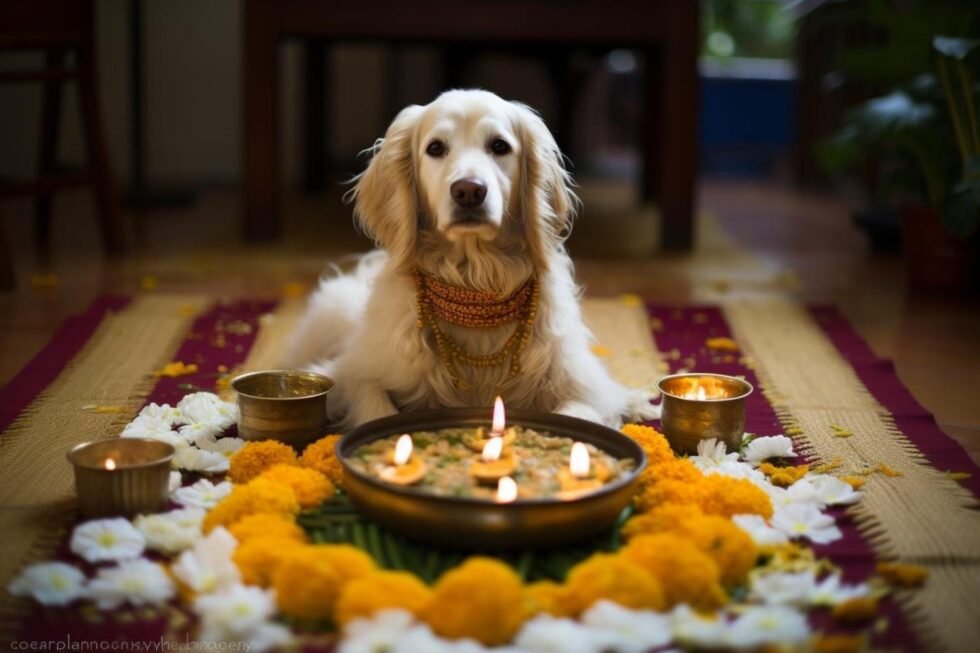
 Australian Shepherd
Australian Shepherd Beagle
Beagle Belgium Shepherd
Belgium Shepherd Bernese Mountain Dog
Bernese Mountain Dog Border Collie
Border Collie Boxer
Boxer Bulldog
Bulldog Cavalier King Charles Spaniel
Cavalier King Charles Spaniel Chihuahua
Chihuahua Cocker Spaniel
Cocker Spaniel Dachshund
Dachshund Doberman Pinscher
Doberman Pinscher Dogo Argentino
Dogo Argentino French Bulldog
French Bulldog German Shepherd
German Shepherd Golden Retriever
Golden Retriever Great Dane
Great Dane Himalayan Shepherd
Himalayan Shepherd Indie Dogs
Indie Dogs Labrador Retriever
Labrador Retriever Pakistani Bully
Pakistani Bully Pembroke Welsh Corgi
Pembroke Welsh Corgi Pitbull
Pitbull Pomeranian
Pomeranian Poodle
Poodle Pug
Pug Rottweiler
Rottweiler Shih Tzu
Shih Tzu Siberian Husky
Siberian Husky Yorkshire Terrier
Yorkshire Terrier Australian Shepherd
Australian Shepherd Beagle
Beagle Belgium Shepherd
Belgium Shepherd Bernese Mountain Dog
Bernese Mountain Dog Border Collie
Border Collie Boxer
Boxer Bulldog
Bulldog Cavalier King Charles Spaniel
Cavalier King Charles Spaniel Chihuahua
Chihuahua Cocker Spaniel
Cocker Spaniel Dachshund
Dachshund Doberman Pinscher
Doberman Pinscher Dogo Argentino
Dogo Argentino French Bulldog
French Bulldog German Shepherd
German Shepherd Golden Retriever
Golden Retriever Great Dane
Great Dane Himalayan Shepherd
Himalayan Shepherd Indie Dogs
Indie Dogs Labrador Retriever
Labrador Retriever Pakistani Bully
Pakistani Bully Pembroke Welsh Corgi
Pembroke Welsh Corgi Pitbull
Pitbull Pomeranian
Pomeranian Poodle
Poodle Pug
Pug Rottweiler
Rottweiler Shih Tzu
Shih Tzu Siberian Husky
Siberian Husky Yorkshire Terrier
Yorkshire Terrier Abyssinian
Abyssinian American Bobtail
American Bobtail American Shorthair
American Shorthair Balinese Cat
Balinese Cat Bengal Cat
Bengal Cat Birman
Birman Bombay Cat
Bombay Cat British Longhair
British Longhair British Shorthair
British Shorthair Burmese Cat
Burmese Cat Devon Rex
Devon Rex Exotic Shorthair
Exotic Shorthair Himalayan Cat
Himalayan Cat Maine Coon
Maine Coon Oriental Shorthair
Oriental Shorthair Persian Cats
Persian Cats Ragdoll
Ragdoll Scottish Fold
Scottish Fold Siamese Cat
Siamese Cat Siberian Cat
Siberian Cat Sphynx Cat
Sphynx Cat


